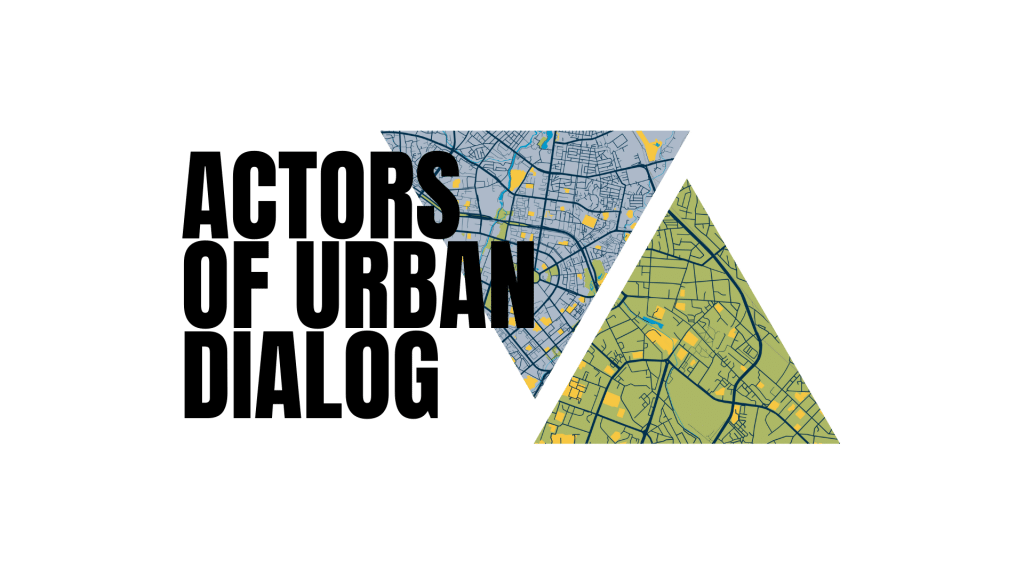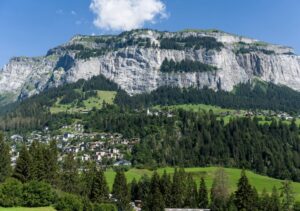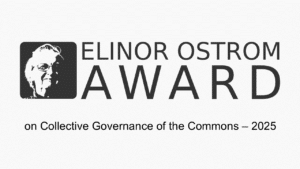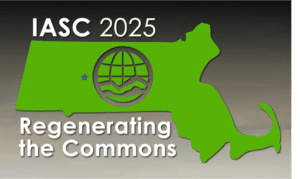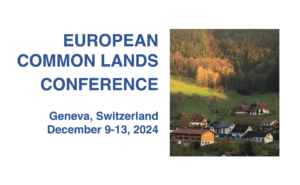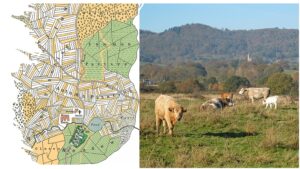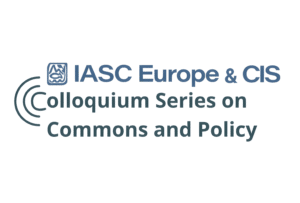IASC member Zafar Saydaliev from CGE Erfurt shares information about a project dedicated to urban commons involving a collaboration between Germany, Uzbekistan, and the regional chapter of the IASC for Europe & CIS.
In the context of urban development in Uzbekistan, local policy institutional arrangements set limits to citizen participation within cities, with civil society having limited access to decision-making process, and therefore hindering the development of urban commons.
Considering this context, the Actors of Urban Dialogue project, funded by the European Commission, and coordinated by CGE Erfurt e.V. in cooperation with local NGOs in Uzbekistan, Yuksak salohiyat, Taraqqiyot NGO – Collective resolution of infrastructure problems in rural areas, and Khorezm Rural Advisory Support Service, seeks to support the development of urban participation infrastructure and knowledge, through a civic educational program that builds the capacity of urban activists, including young people and civil society organizations.
The project was partly inspired by the CGE Erfurt’s visit to an event during the World Commons Week in 2018 and receives advisory support from IASC member Ilkhom Soliev at the Regional Chapter of the IASC for Europe & CIS.
A central element of this 36-month project are two study visits that enable active citizens to engage with cutting edge urban commons initiatives in Germany, a local context with a vibrant sub-culture of urban activism. The first of these two study tours took place between November 25 and December 1, 2021, visiting urban commons projects in Erfurt, Weimar, Halle, and Berlin. The participants comprised young and senior local urban activists, university students, parliamentarians, and NGO-leaders.
Through this tour, participants were brought into contact with diverse urban commons contexts. Visits were organized to participatory urban regeneration projects, such as Saline 34, Freiraumgalerie, Passage 13, and Haus Der Statistik.
The joint nurturing of multiple facets of urban commons provided insights to cultural commons – with these projects connecting activists, artists, NGOs, local communities, and municipalities within the regeneration processes. We also looked at community or housing commons – with these projects ultimately providing a platform for the participating communities to engage with each other into the future through the development of physical space that can operate as offices, artist residences, seminar and cultural event spaces and more.
Further, visits to urban commons initiatives such as Tempelhoferfeld introduced participants to a case of a grassroots initiative protecting public space in the city, and demonstrating the variety of grassroots, civic, NGO activities that can take place in a public space.
The particularity of the Actors of Urban Dialogue project – in comparison to prevailing types of “capacity building” is its focus not on external (often artificial and “alien” for local activists) policy (infra)structures but on the networks and relations between individuals and active groups.
The methodology of the project facilitates the discovery and mobilization of internal expertise possessed by local urban grass-root activists, and implementation by these activists themselves.
This is done with the support from the project organizers and mentors with various matching experiences through mechanisms allowing exchange of this expertise and building networks of collaboration between the participants at regional level.
Considering this, the study visit engaged grassroots activists in Uzbekistan with grassroots initiatives in Germany and at each visit stimulated peer-to-peer dialogue both with the visited initiative and internally within the country-specific groups, with dedicated time to integrate learning into the ongoing implementation of local initiatives.
The project is implemented with the financial support of the European Union. Its contents are the sole responsibility of CGE Erfurt e.V. and do not necessarily reflect the views of the European Union.
For more information, including about how to become one of the Urban Actors, visit the project website.

